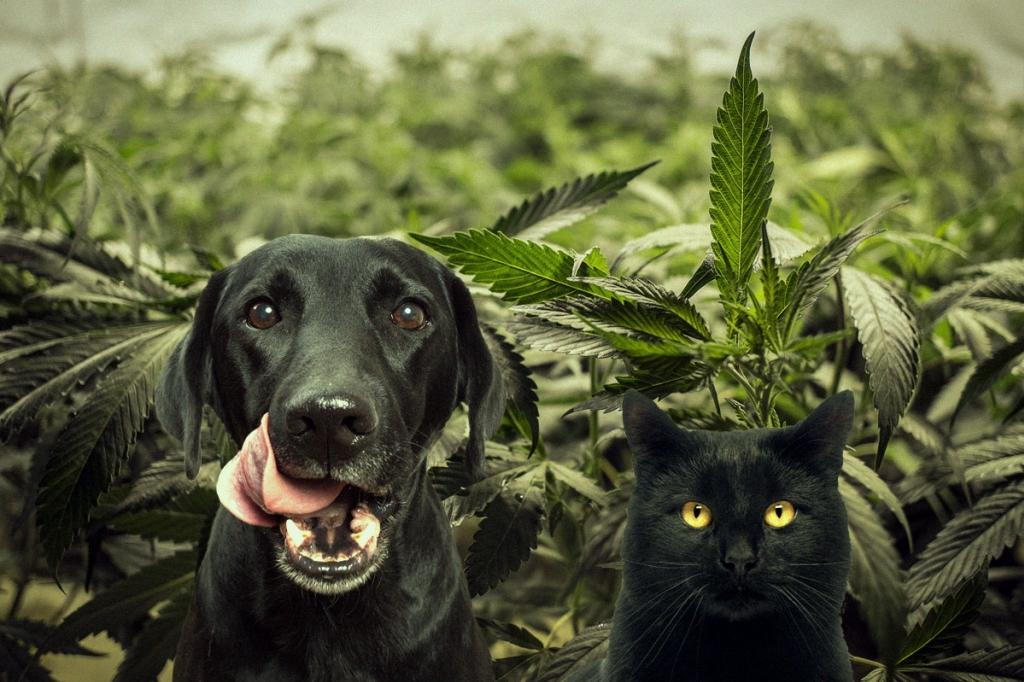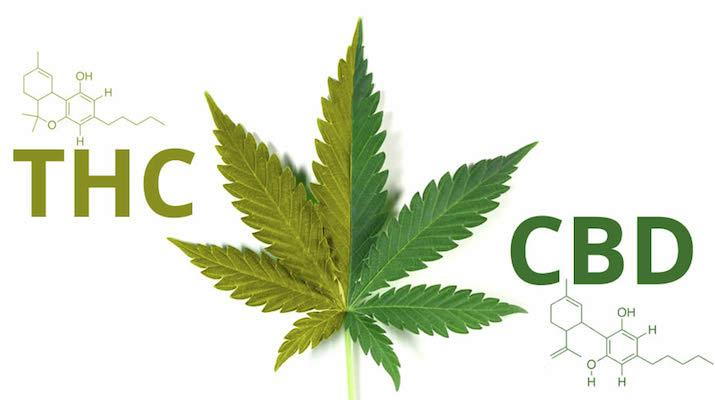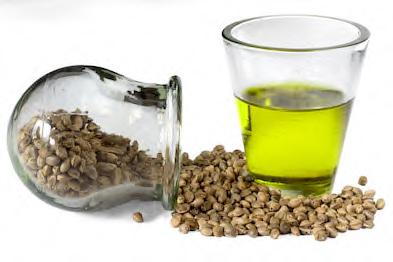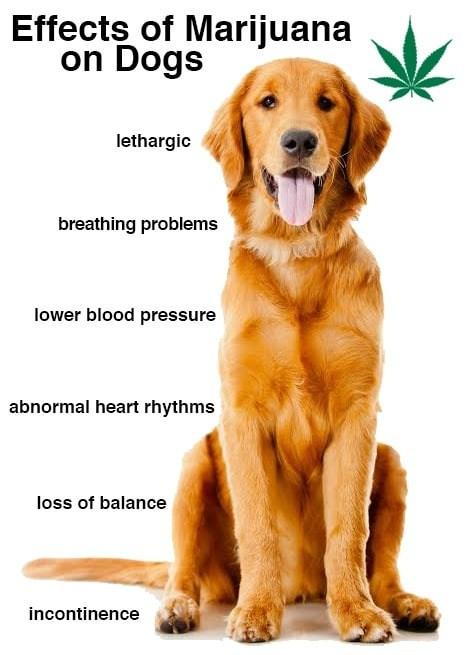Cannabis and Your Pet
 During the past 10 years we have seen a steady increase in cases of cannabis toxicity. With the Cannabis Act going into effect, we are certain this will happen more frequently. Cannabis toxicity is common in dogs. In fact, dogs seem to be particularly sensitive to the effects of this plant and are often attracted to it - sniffing it out & ingesting it if given the opportunity. Pet parents will have to become educated and aware that cannabis products can be very harmful to pets if ingested (as well as inhaled).
During the past 10 years we have seen a steady increase in cases of cannabis toxicity. With the Cannabis Act going into effect, we are certain this will happen more frequently. Cannabis toxicity is common in dogs. In fact, dogs seem to be particularly sensitive to the effects of this plant and are often attracted to it - sniffing it out & ingesting it if given the opportunity. Pet parents will have to become educated and aware that cannabis products can be very harmful to pets if ingested (as well as inhaled).
So lets talk a bit about some of the basics with regard to cannabis…
The actual compounds we need to talk about are a group of chemicals called cannabinoids that act on cell receptors. There are hundreds of different cannabinoids, each of which has different effects. Some types of cannabinoids are even produced naturally by animals and plants other than cannabis. But the main 2 cannabinoids we are interested in are THC and CBD.

THC (tetrahydrocannabinol) is the psychoactive compound, the one that creates the ‘high’ effect. THC is, without a doubt, bad for dogs. Dogs are extremely sensitive to it and in some cases it only takes ingesting a small amount to cause some very severe symptoms.
Some common symptoms of cannabis toxicity are: incoordination, sleepiness, slow heart rate, startle reflex, and dribbling urine. Treatment involves induction of vomiting and activated charcoal given via a stomach tube if ingestion has been within one hour. Affected individuals are often hospitalized and supported with IV fluids to help maintain organ function. Most pets recover, but fatalities do happen.
CBD (cannabidiol) is the compound touted for its medicinal benefits. It does not have any psychotropic effects (does not create a ‘high’). CBD oil (with little or no THC) is much safer to have  around pets, and has even been used medicinally in animals, but veterinarians are unable to prescribe these products at this time. We need a lot more research into the dosing and effectiveness of CBD before we will be able to recommend its use in pets.
around pets, and has even been used medicinally in animals, but veterinarians are unable to prescribe these products at this time. We need a lot more research into the dosing and effectiveness of CBD before we will be able to recommend its use in pets.
Currently it is being studied for use with pain but the proper dosing has not been established, possible interaction with other medication has not been established and long-term effects have not been established. CBD has been shown to increase liver enzymes in dogs and we are still uncertain if this translates into serious long-term damage to the liver. CBD for pet use is most often obtained from hemp because it is naturally low in THC. Hemp and marijuana both come from the same species of Cannabis plant, but hemp is a genetically distinct strain which must contain less than 0.3% THC. CBD oil is obtained from the stalks and leaves of the plant.
This is where it gets a little confusing:
Hemp seed oil (or hemp oil) is a completely different product than CBD oil. Hemp oil is obtained from the seeds. Hemp seeds contain little or no THC or CBD. So products containing only hemp oil or hemp seed oil may have trace amounts of THC and CBD in them, but not enough to have any medicinal effect.

As far as a supplement goes, the benefit of hemp seed oil, much like other oils (fish oil, coconut oil, olive oil…), is that it contains omega fatty acids. Omega fatty acids have anti-inflammatory effects in the body and are helpful for pets with skin problems and arthritis. Animal source omega fatty acids tend to be a closer fit for pets than the plant source ones so we tend to recommend fish oil as a better omega fatty acid supplement for pets, but hemp seed oil is safe for pets.
On researching this article we found that products containing CBD oil tended to be much more difficult to find and much higher priced. Most of the products out there for pets (treats and oils) touted as medicinal cannabis based products actually just contain hemp seed oil. So they are useful as omega fatty acid supplements. If a product does not mention CBD oil on the ingredient list it likely does not contain CBD.

So please be cautious and be aware of what your pets are sniffing out and consuming as even the ingestion of an end of a joint can cause severe signs in some animals. For those of you with cannabis products at home, please be sure your pets don’t ingest (or inhale) any amount of cannabis, and keep all products safely stored as you would any potential toxin in your home.
“It is important to note that although veterinarians are currently not legally allowed to prescribe any cannabis products to pets however, pet owners who choose to use cannabis products for their pets, are encouraged to discuss their use with their veterinarian.” (from the CVMA website)
Although we will not be able to prescribe cannabis, after October 17th we will be able to provide pet owners with information on the emerging published studies as they become available, help to avoid potential drug interactions, and provide guidance on how to recognize and reduce the risk of adverse effects and toxicity.
Useful links if you would like to learn more about cannabis and its potential effects on your pet:
www.canadianveterinarians.net/documents/veterinarians-caution-medical-marijuana-exposure-in-pets
veterinarypartner.vin.com/default.aspx?pid=19239&id=4951863
www.petpoisonhelpline.com/uncategorized/pet-marijuana-intoxication-rise/
